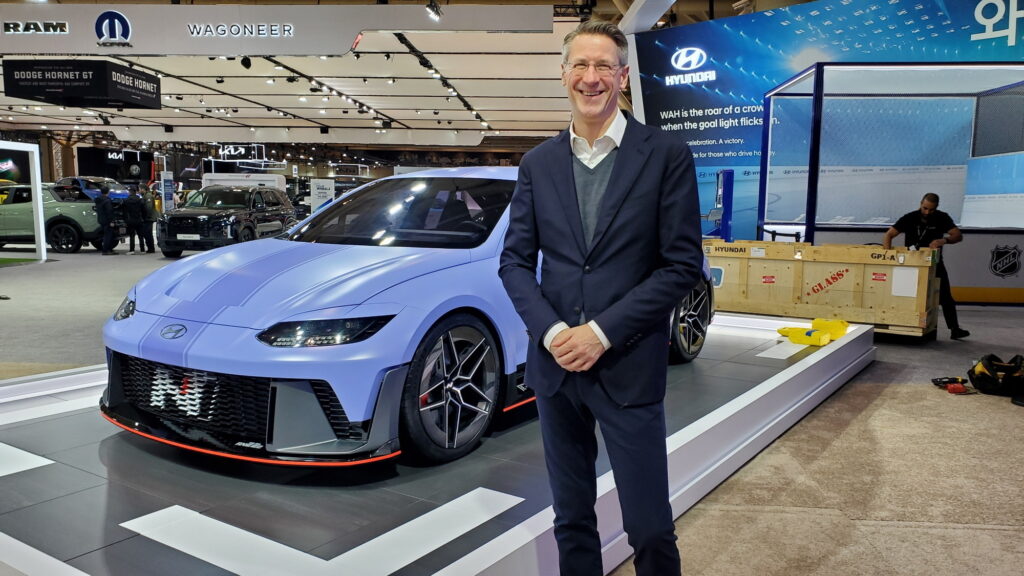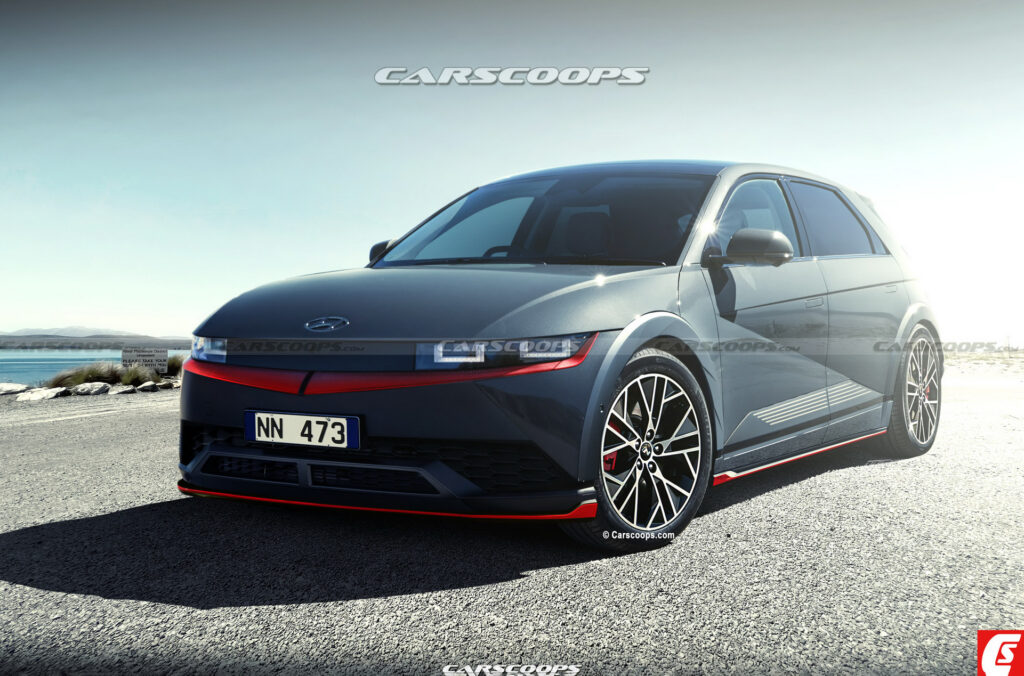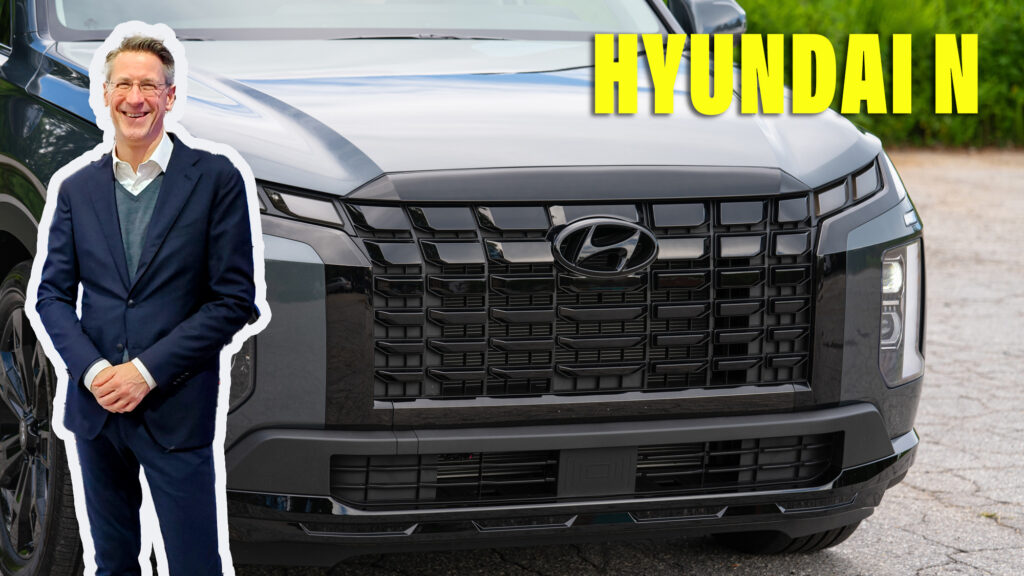As crossovers have taken over more and more of the automotive market, manufacturers have even started trying to sell them as performance vehicles. Even Hyundai’s N brand may not be immune to this redefinition of the performance vehicle, but the brand is promising its fans that it will be smart about how it does it.
SUVs are an increasingly important part of automaker’s lineups, and that means that a lot of the tools that were once used to make sedans and hatchbacks more exciting are being applied to them. Volkswagen has expanded its R brand to include vehicles like the Tiguan and the Touareg, while Audi’s RS, BMW‘s M, and Mercedes’ AMG divisions have all long been making high-performance crossovers. Even supercar manufacturers like Lamborghini, Ferrari, and Aston Martin have introduced their own SUVs.
Speaking to Carscoops at the Canadian International AutoShow last week, Till Wartenberg, the VP of N Brand Management and Motorsport, said that he doesn’t want to rule out the idea of an N branded crossover in North America, but maintained that the brand values smaller, lightweight vehicles.
Read: 2022 Hyundai Australia’s N Festival Is The Ultimate Owner Track Day

“In order to be racetrack capable, and a corner rascal, following our N DNA, it’s more challenging to make a bigger SUV an N car,” said Wartenberg. “We have a very loyal fan community, I think they deserve also to have the cars from N that we want to deliver.”
The company told us that the N brand has very strict guidelines about what it needs to stick to, and where it can be flexible. That means that its vehicles need to be nimble and small, and that there has to be a legitimate tie to the racetrack for its vehicles. Right now, the limits of what it’s willing to do with size and weight are represented in the form of the Ioniq 5 N.
“The Ioniq 5 N is [at the limits of] a size and a weight, which we can make racetrack capable,” said Wartenberg. “It’s quite powerful—we will tell more when it’s coming—but you can go on the Nürburgring and actually do laps without a lot of degradation, which no other EV yet is making, maybe only one car in the industry. An N car in a bigger segment is possible, but we have to see it has the N DNA.”
Sticking With ICE For As Long As Possible
As it stands, the majority of racetrack capable cars are powered by internal combustion engines, which is why Hyundai’s performance brand is also committed to continuing to produce that kind of vehicle. Although it has introduced a variety of new-energy concepts, it hasn’t yet announced EV exclusivity, and will resist doing so for as long as possible.
“We would like to cover the demand of the customers, and as long as regulations are making it possible, we don’t want to forget about combustion engine vehicles,” said Wartenberg. “So yeah, we will have a set of combustion engine cars and at the same time transfer over to electrification. We will not say, from today, no more combustion engines.”





